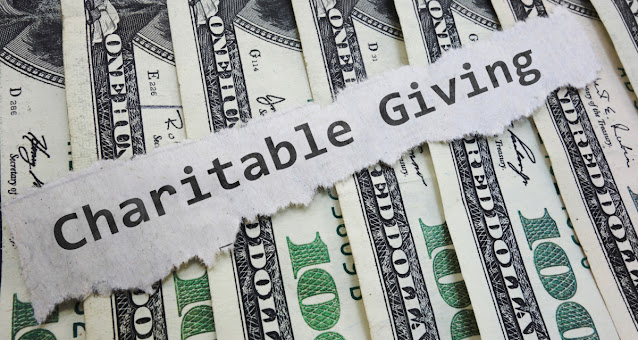Women and Corruption
Women and Corruption
By Ms Maria Haiko
All over the world, corruption affects people’s every day lives in various ways: from unfair evaluation of college admissions to companies obtaining contracts with the help of bribes, corruption exists on many levels of society. People are aware of the effects of this unlawful practice on business and politics and so forth, but did you know that corruption actually affects women and men differently?
Corruption usually hits the poor the hardest, and women and girls make up 70% of the poor in the world. But the difference in impact on gender also has to do with the fact that unequal power relations between men and women often dictate how women react to forms of corruption – especially to gender-specific corruption: sexual extortion.1 This inequality is most prominently visible in cultures that are heavily patriarchal, policy women’s bodies, and believe in the traditional roles of women as caretakers of the household and men as breadwinners of the family. The stronger the social expectations for women to be humble, quiet and obeying are, and the bigger the fear of becoming stigmatized as a victim of sexual violence is, the more difficult it is for women to speak out against corruption in fear of punishment and social exclusion from their community. Women often have no choice but to suffer in silence which makes it harder to break the cycle of poverty, corruption, and women’s low position in society.2
Bribes are one of the most common forms of corruption and they, too, affect women and girls differently than men. Bribes automatically “tax” poor families more heavily and when there’s less income, families have to cut back on their spending. Unfortunately, in developing countries, this usually results in girls dropping out of school. Boys’ education is more valued because of societal norms; due to their expected role as a breadwinner for the family, it’s seen as more worthwhile to send boys to school. However, if a mother is pushed to work for the need of extra income, which has been robbed by bribes, a girl has to stop studying and take the mother’s role as the caretaker of the household work.3
The examples mentioned above occur typically in developing countries. But what is the case for more developed countries such as South Korea?
When it comes to women and corruption in South Korea, some people might first think of the presidential scandal from 2016. Ex-president Park Geun-Hye was jailed for 24 years for bribery, coercion and abuse of power, just to name a few of the charges. But another ugly scandal broke out in February 2019 when K-Pop star Seungri’s (real name Lee Seung Hyun) club was exposed to be the centre of drug dealing and prostitution. The scandal revealed to the public – or more likely reminded them of – the Korean business practice of “sweetening” business deals with sexual favours. Seungri provided prostitutes in exchange for favourable treatment and investment in his businesses. The scandal brought up the uncomfortable truth that because of the “male-centric” practice of using sex to establish business connections and close deals, climbing up the corporate ladder can turn out to be extremely difficult for women. In this case, gender-specific corruption negatively contributes to the already sturdy glass ceiling of South Korea.4
When society adopts gender equality, gender-specific corruption is ought to decrease. When gender-specific corruption decreases and women’s human rights are respected, women can contribute more to society in many ways: more girls can study themselves a profession and become tax-paying workers alongside men; women’s physical and mental health is not in danger, and they can take care of themselves and their families more effectively; women can become members of parliament which correlates to lower levels of corruption in general5, and so on. The list of beneficial impacts on society is impressive. The faster we can root out corruption, the faster the just application of the rule of law can be enforced, and societies can develop. At the moment, corruption hits women harder than men – but in the end, the abolishment of corruption is for the benefit of all people.
------------------------------
Sources:
1. Transparency International: Empowering Women Against Corruption
https://www.transparency.org/news/feature/empowering_women_against_corruption
2 Transparency International: Do We Need Women-Specific Anti-Corruption Projects? https://www.transparency.org/news/feature/do_we_need_women_specific_anti_corruption_projects, Wilson Center: The Link Between Corruption and Gender Inequality https://www.wilsoncenter.org/publication/the-link-between-corruption-and-gender-inequality-heavy-burden-for-development-and
3 Transparency International: Gender, Equality and Corruption: What Are the Linkages? https://www.transparency.org/whatwedo/publication/policy_position_01_2014_gender_equality_and_corruption_what_are_the_linkage
4 Korea Exposé: South Korea’s Corruption, Exposed by Burning Sun https://www.koreaexpose.com/south-korea-corruption-exposed-by-burning-sun-seungri-scandal/
5 Wilson Center: The Link Between Corruption and Gender Inequality


Comments
Post a Comment